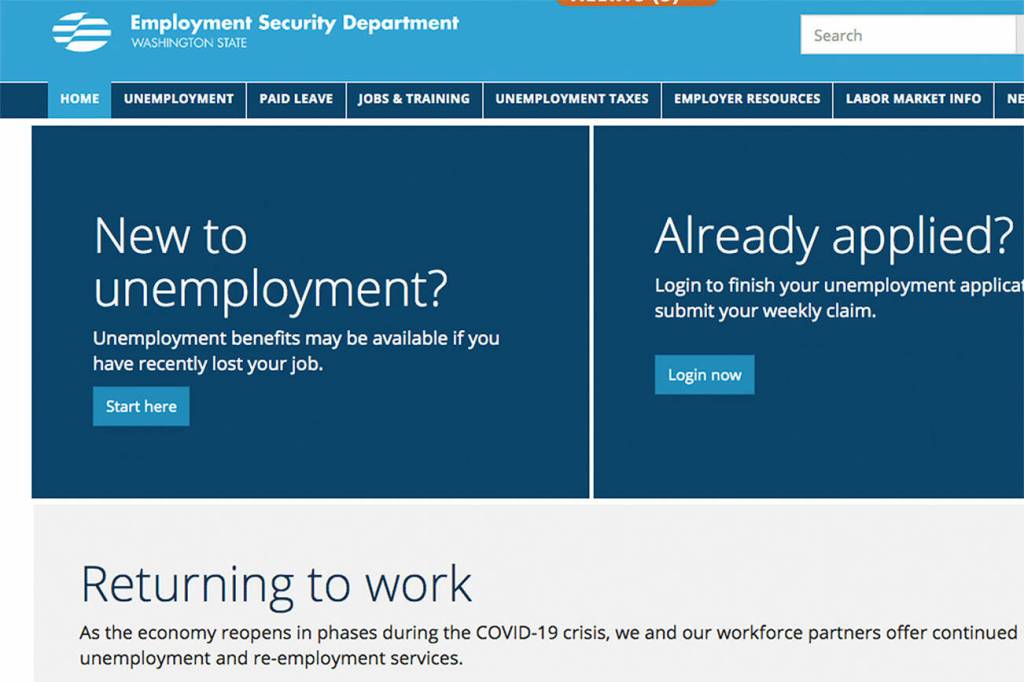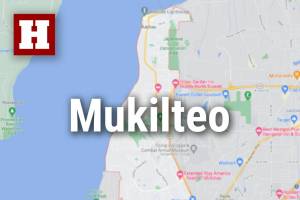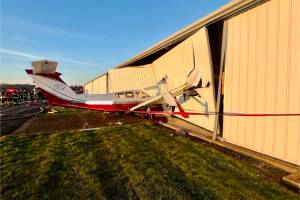Expected slide in WA unemployment trust fund balance could trigger new tax
Published 1:30 am Monday, November 3, 2025
Washington businesses would need to shoulder roughly $700 million in additional taxes in a few years unless the projected finances of the state’s unemployment insurance fund improve.
Officials are looking at ways to avoid such a scenario.
Unemployment is relatively low in Washington. But pandemic-era policies and increased usage during the past couple of years have strained the state’s unemployment system, which provides temporary payments to residents who lose their jobs and are looking for new work.
Next year, employer taxes going into Washington’s unemployment trust fund are expected to total $1.7 billion, while benefit payouts rise to $2.4 billion, according to the latest actuarial analysis released this month.
At the end of September, the trust fund, which only pays benefits and not administrative costs, had about $3.8 billion, totaling 7.9 months of benefits on hand if collections suddenly stopped. As payroll taxes lag payouts, that’s projected to drop to 7.1 months by the same time next year, and 6.3 in 2027.
Therein lies the problem.
Dropping below seven months of benefits on Sept. 30 of a given year triggers a state tax of up to 0.2% on businesses to bring the trust fund back up to a healthy nine months of payments. As unemployment skyrocketed during the pandemic, this metric plummeted, but the state waived this tax from 2021 through 2025. This would’ve been the only time it ever could’ve been levied.
That possible solvency surcharge in 2028 and 2029 would raise an estimated $350 million each year. It would be applied equally across all employers.
News of this potential tax comes as Washington businesses begin to shoulder billions of dollars in new and increased taxes passed this year to fill a shortfall in the state’s operating budget.
James Crandall, who represents the Association of Washington Business on the state’s unemployment insurance advisory committee, said the Employment Security Department, which runs the program, “should be looking at everything it has in its power to mitigate ahead of time.”
“This is really impacting companies’ affordability,” Crandall said. He questioned the trigger for the tax and suggested the way it would be imposed seems “arbitrary.”
The tax could be triggered a year earlier, if that 7.1-month projection next year teeters below seven. Whether that happens is a coin flip.
Under the current forecast, the tax would likely remain into the 2030s.
The projections are based on relatively stable unemployment that doesn’t exceed 5%. Washington’s unemployment rate has hovered around 4.5% this year, roughly in line with the national rate.
It is far from a foregone conclusion that tax will be needed. A recession or better-than-expected economic growth would shift the chances of needing the tax.
The long-range projections give the state time to change course.
One solution could come via the Legislature. Lawmakers could reduce the trigger for the solvency tax below seven months. When the tax was first established in the mid-2000s, six months was the threshold, but within a few years, legislators upped it to seven.
Policymakers could also reduce the threshold for when the solvency tax could end, from the current nine months.
Or they could extend the years-long waiver on the tax, but that would be a punt rather than a fix. To regain long-term stability, either the economy needs an upswing so the state has to pay fewer unemployment benefits, or tax collections need to jump.
The source of this problem is two-sided. On one hand, people who qualify have been increasingly likely to seek unemployment, and recipients are more often exhausting their benefits. Applicants can usually get up to 26 weeks of payouts per year.
On the other side, policy decisions made during the COVID-19 pandemic have jeopardized the fund’s long-term stability. Washington came into the pandemic with one of the healthiest trust funds in the country.
That allowed the state to provide roughly $2.5 billion in tax breaks to employers, money that would’ve otherwise gone toward Washington’s unemployment trust fund.
So while many states had to borrow from the federal government to keep unemployment checks flowing, Washington did not. But it also left the fund with much less money.
This story was originally published in the Washington State Standard.





